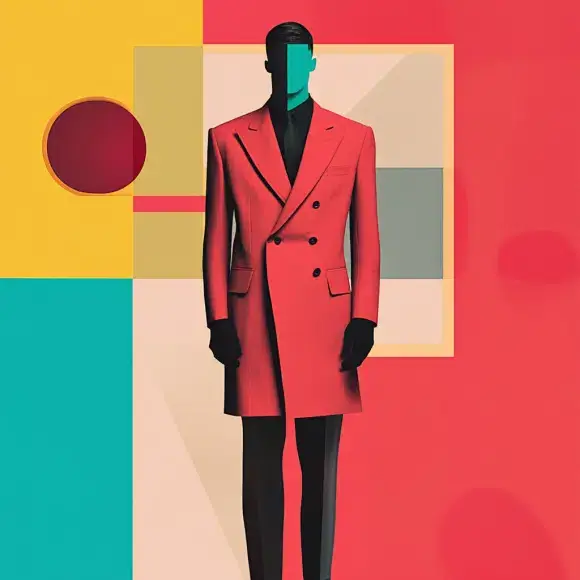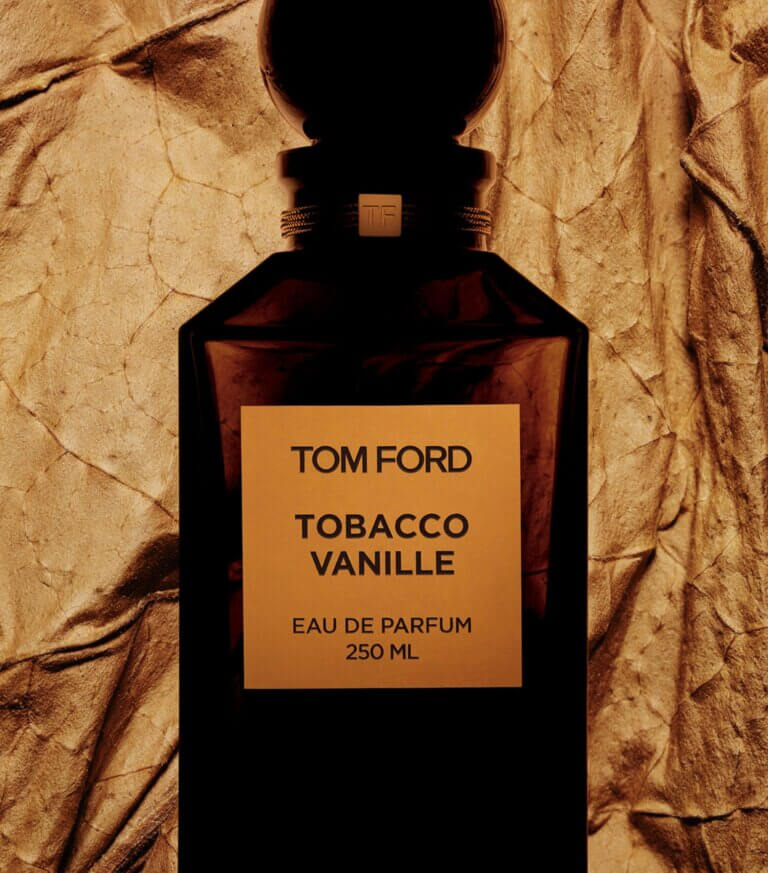Luxury fashion has always been synonymous with exclusivity, craftsmanship, and innovation. In recent years, however, the industry has witnessed a transformative shift, driven by the integration of Artificial Intelligence (AI). From personalized shopping experiences to sustainable production methods, AI is redefining how luxury fashion brands operate and engage with their customers. In this blog post, we’ll explore the fascinating ways AI is revolutionizing the luxury fashion industry and what it means for the future of high-end fashion.
AI-Powered Personalization: Tailoring the Luxury Experience
One of the most significant contributions of AI to luxury fashion is the ability to offer highly personalized shopping experiences. In a world where consumers expect brands to know their preferences and anticipate their needs, AI-driven personalization is key to delivering the bespoke service that luxury customers demand.
For instance, Farfetch uses AI to recommend products based on individual preferences, browsing history, and purchase patterns. By analyzing vast amounts of data, Farfetch’s AI can curate a personalized selection of luxury items for each customer, ensuring a shopping experience that feels uniquely tailored.
Similarly, Net-a-Porter employs AI algorithms to provide style recommendations and outfit suggestions based on a customer’s past purchases and style preferences. This level of personalization not only enhances the shopping experience but also strengthens brand loyalty among discerning luxury consumers.
For more insights on how AI is transforming personalization in fashion, check out this Vogue Business article on AI in fashion.
AI and Sustainable Luxury: A New Era of Ethical Fashion
Sustainability is becoming increasingly important in the luxury fashion industry, with consumers and brands alike recognizing the need for more ethical and eco-friendly practices. AI is playing a pivotal role in this shift by enabling brands to optimize production processes, reduce waste, and create sustainable products without compromising on quality.
For example, Stella McCartney is at the forefront of sustainable luxury fashion, using AI to enhance its design and production processes. The brand leverages AI to predict demand more accurately, minimizing overproduction and reducing waste. This approach not only supports sustainability but also aligns with the brand’s commitment to ethical fashion.
Another notable example is LVMH’s Nona Source, an AI-powered platform that repurposes surplus fabric from luxury brands within the LVMH group. By using AI to match designers with high-quality, unused materials, Nona Source helps reduce waste and promote circular fashion, all while maintaining the luxurious standards associated with the LVMH brand.
For those interested in learning more about AI and sustainability in fashion, this article on AI and sustainable fashionon Forbes provides a deeper look into how technology is driving positive change in the industry.
Virtual Try-Ons and AI Styling: Enhancing the Luxury Shopping Experience
As online shopping becomes increasingly prevalent, luxury fashion brands are turning to AI to bridge the gap between the digital and physical shopping experience. Virtual try-ons and AI styling assistants are emerging as powerful tools that enhance the online shopping experience, allowing customers to visualize how garments will look and fit before making a purchase.
Gucci, for instance, has introduced an AI-powered virtual try-on feature that allows customers to see how sneakers will look on their feet using augmented reality (AR). This innovative approach not only enhances the online shopping experience but also helps reduce returns, a significant issue in the e-commerce space.
Another luxury brand, Chanel, offers an AI-driven styling assistant that provides personalized outfit recommendations based on the customer’s existing wardrobe and preferences. By analyzing data such as fabric, color, and style, Chanel’s AI assistant helps customers curate their luxury wardrobe with ease and confidence.
For those who want to explore more about virtual try-ons and AI in luxury fashion, this report on AI and AR in fashion retail provides valuable insights into the future of digital shopping experiences.
The Benefits of AI in Luxury Fashion
- Personalization: AI enables luxury brands to offer highly personalized shopping experiences, enhancing customer satisfaction and loyalty.
- Sustainability: AI supports sustainable practices by optimizing production, reducing waste, and promoting ethical fashion.
- Innovation: AI-driven technologies like virtual try-ons and styling assistants are revolutionizing the online shopping experience, making it more interactive and engaging.
- Efficiency: AI helps luxury brands streamline their operations, from design and production to inventory management, ensuring that they remain competitive in a fast-evolving market.
The Future of AI in Luxury Fashion
As AI technology continues to advance, its impact on the luxury fashion industry will only grow. We can expect to see even more sophisticated AI applications, such as predictive analytics for trend forecasting, AI-driven custom designs, and fully immersive virtual shopping experiences. These innovations will not only enhance the luxury shopping experience but also set new standards for sustainability and ethical fashion.
Conclusion
AI is redefining the luxury fashion industry, offering personalized experiences, promoting sustainability, and driving innovation. Whether you’re a luxury fashion brand looking to stay ahead of the curve or a consumer seeking a more tailored and ethical shopping experience, AI-powered tools provide new possibilities that are transforming the way we experience fashion. The future of luxury fashion is here, and it’s powered by AI.
If you’re ready to explore the intersection of AI and luxury fashion, consider checking out Farfetch, Stella McCartney, or Gucci. These brands are leading the way in integrating AI to create personalized, sustainable, and innovative fashion experiences.




